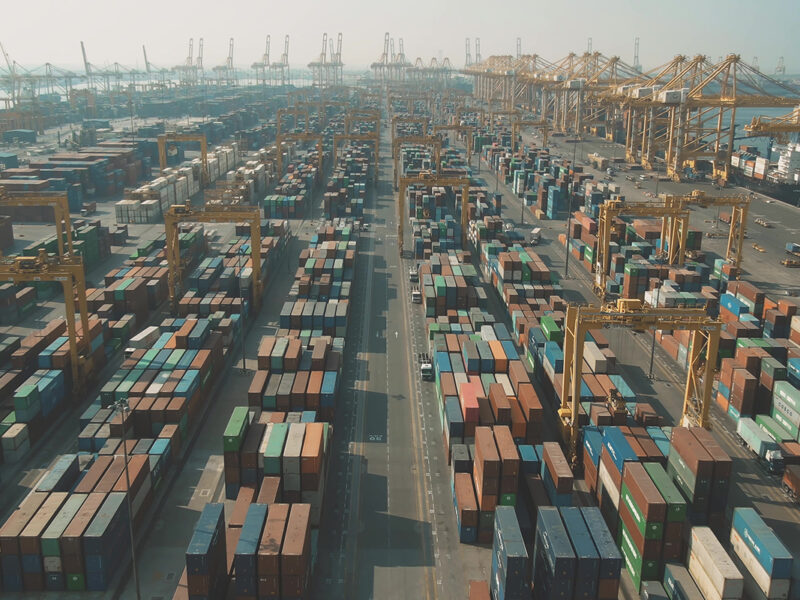Quick commerce in the Middle East and North Africa is set to become a $47 billion market by 2030, according to a new report from Dubai-based RedSeer Management Consulting.
The value of food and grocery delivery, dark kitchens and stores, as well as other delivery segments – or q-commerce segments – rose dramatically during the Covid-19 pandemic as people were largely confined to their homes during lockdowns. Now, the trend is unlikely to abate.
“While the market is still predominantly (80 percent plus) driven by food delivery and grocery, the market split is drastically evolving. Nascent retail categories such as fashion and beauty are witnessing the fastest growth and are slowly catching up,” RedSeer found.
Looking beyond q-commerce to adjacent sectors, including last-mile delivery, mobility and social commerce, that $47bn market can expand to reach the equivalent of a $100bn market opportunity.
“There are a long list of products and services and enablers that stand to benefit from the upsurge in q-commerce. The region benefits from strong logistics and digital infrastructure combined with high value associated by consumers towards convenience, leading to a willingness to pay for it as well,” the report read.
However, the potential of these adjacent sectors needs to be evaluated based on opportunity size, growth and ease of implementation, the RedSeer report found.
“Q-commerce is definitely one of the most lucrative opportunities out there and not looking into the adjacent sectors to it, will prove to be an opportunity missed in the medium to long term,” the report read.









